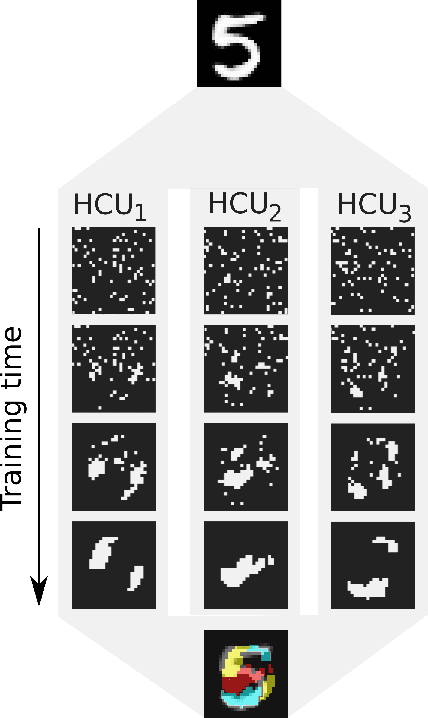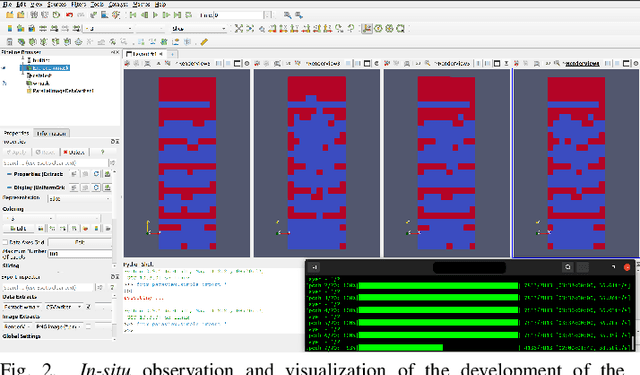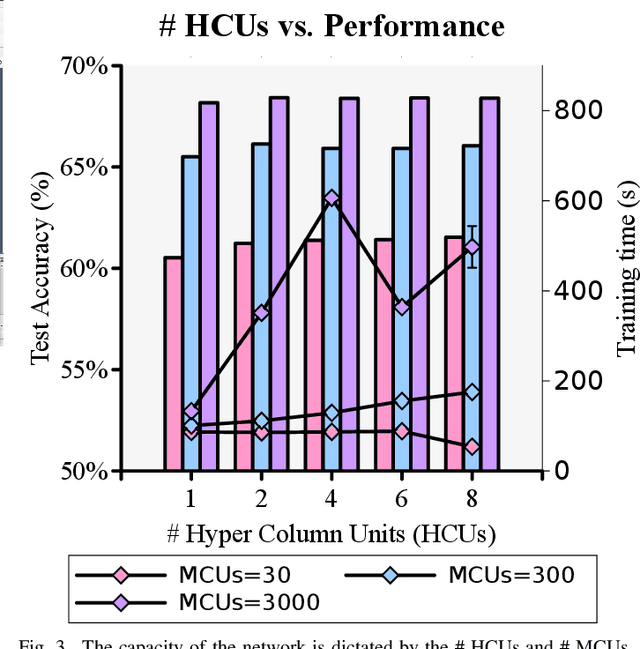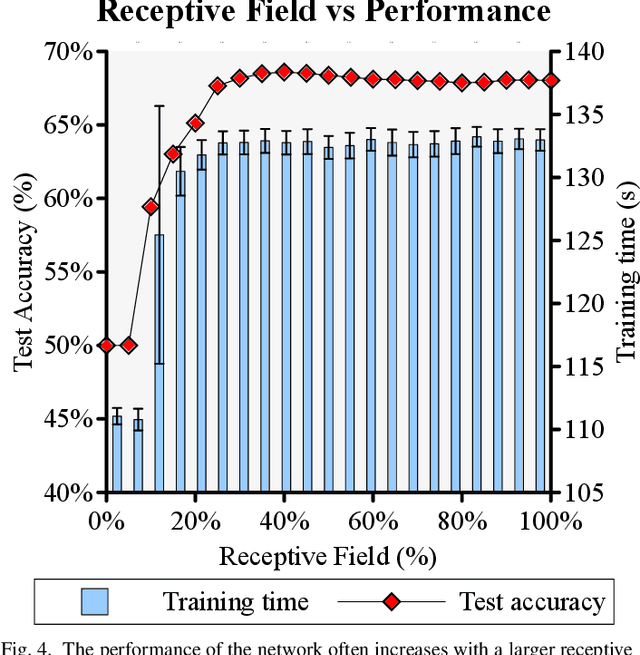Higgs Boson Classification: Brain-inspired BCPNN Learning with StreamBrain
Paper and Code
Aug 17, 2021



One of the most promising approaches for data analysis and exploration of large data sets is Machine Learning techniques that are inspired by brain models. Such methods use alternative learning rules potentially more efficiently than established learning rules. In this work, we focus on the potential of brain-inspired ML for exploiting High-Performance Computing (HPC) resources to solve ML problems: we discuss the BCPNN and an HPC implementation, called StreamBrain, its computational cost, suitability to HPC systems. As an example, we use StreamBrain to analyze the Higgs Boson dataset from High Energy Physics and discriminate between background and signal classes in collisions of high-energy particle colliders. Overall, we reach up to 69.15% accuracy and 76.4% Area Under the Curve (AUC) performance.
 Add to Chrome
Add to Chrome Add to Firefox
Add to Firefox Add to Edge
Add to Edge